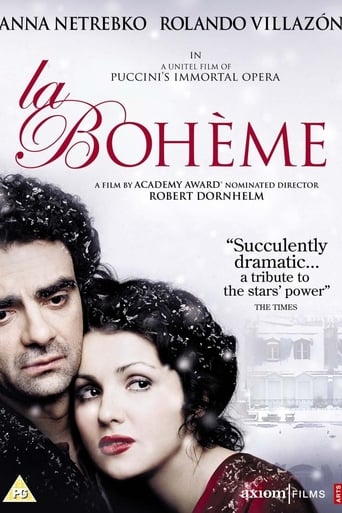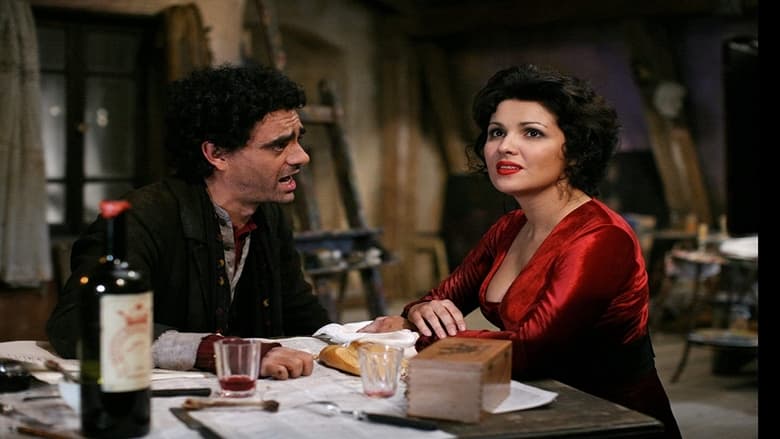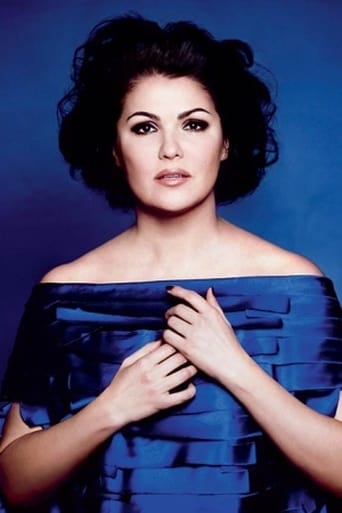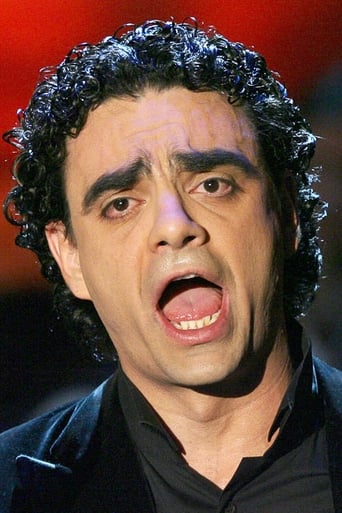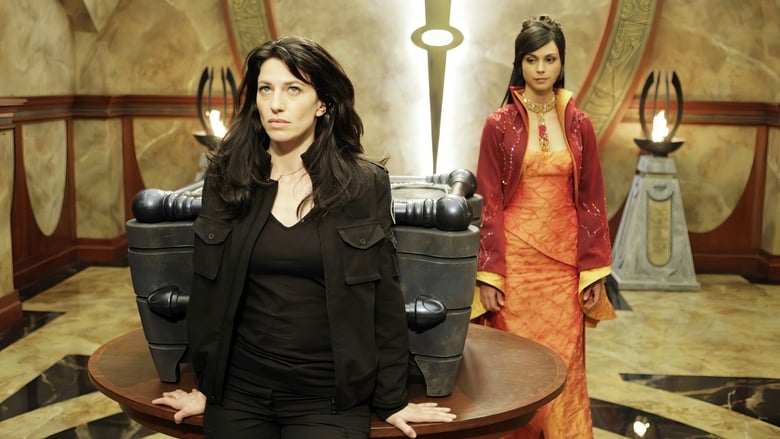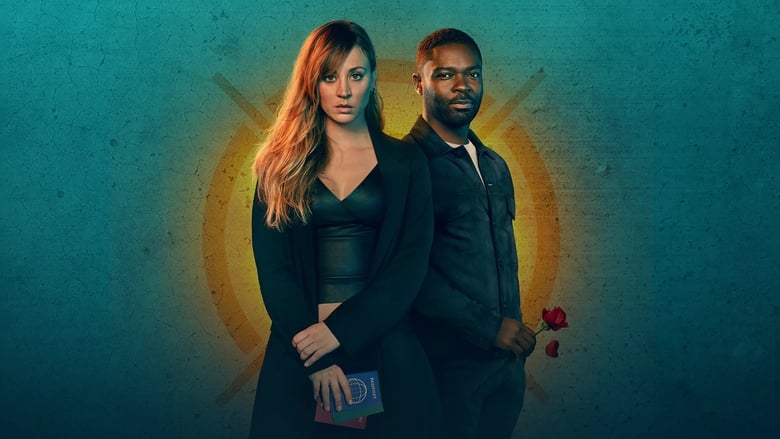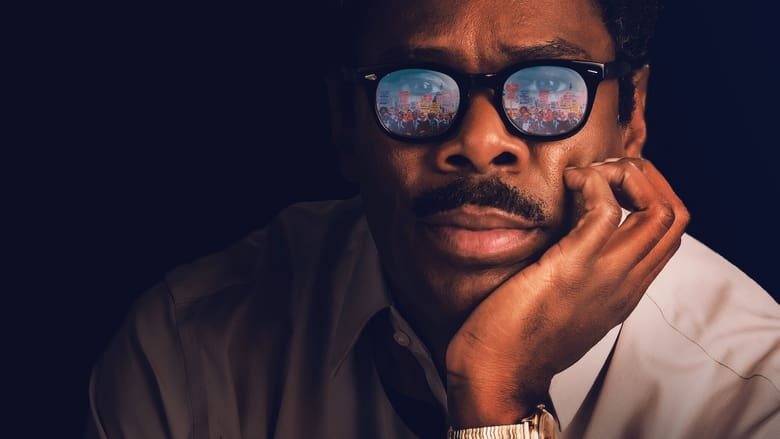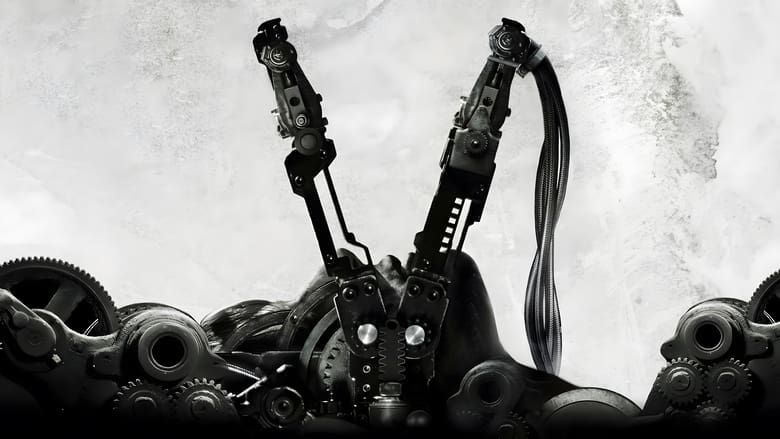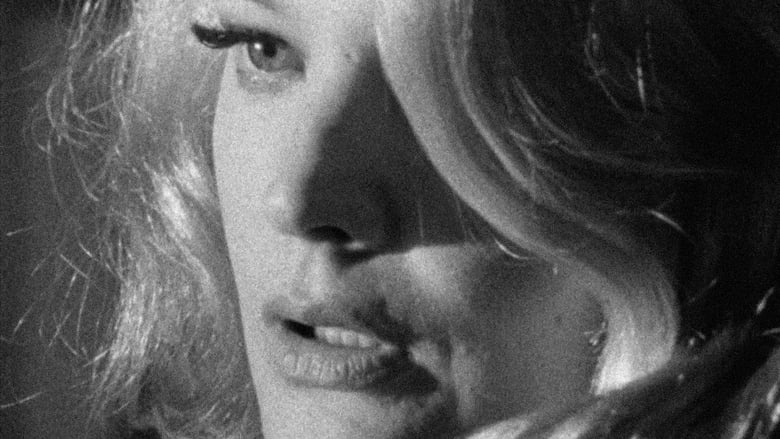Giacomo Puccini's immortal opera, in a high budget feature-film version directed by Academy Award nominee Robert Dornhelm, stars opera's 'Golden Couple', Rolando Villazon and Anna Netrebko as the protagonists, Rodolfo and Mimi. The chemistry between them is electric, unrivalled in the theatre today. Russian soprano Anna Netrebko is not only beautiful but has a marvelous voice and technique; Mexican tenor Rolando Villazon, has a wonderful voice and an incredible charisma. The director not only wanted to remain steadfastly faithful to Puccini's design but also document two of the leading singers of the modern age rather than embarking on a 'trendy' contemporary re-creation.


Similar titles
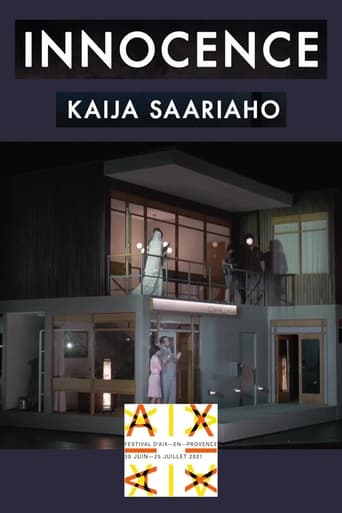
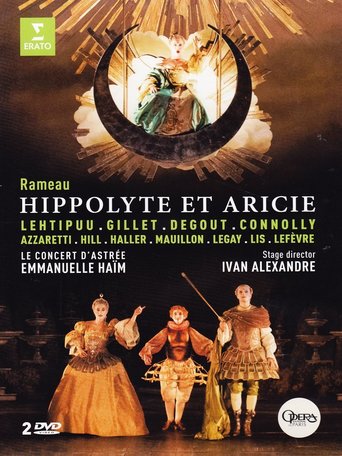
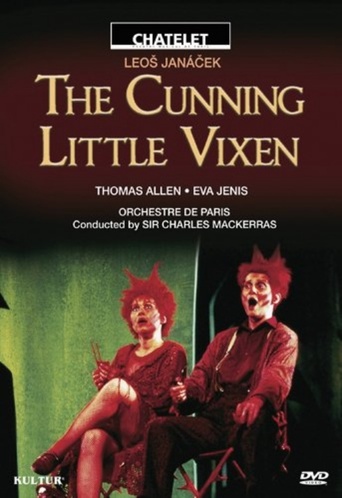
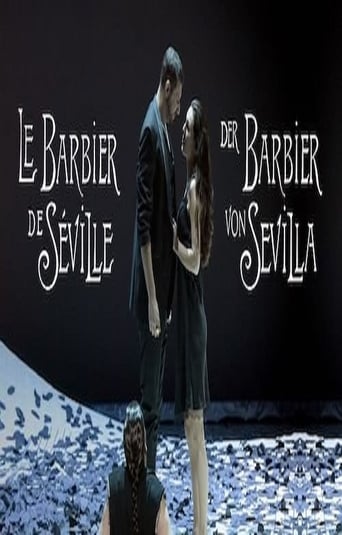
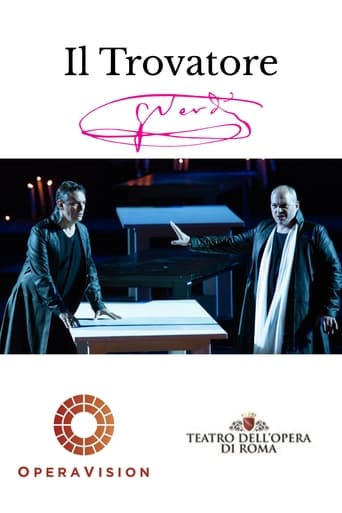
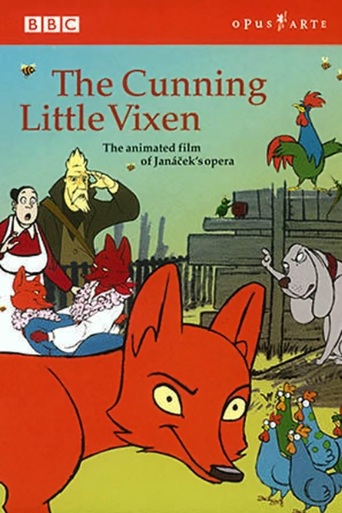
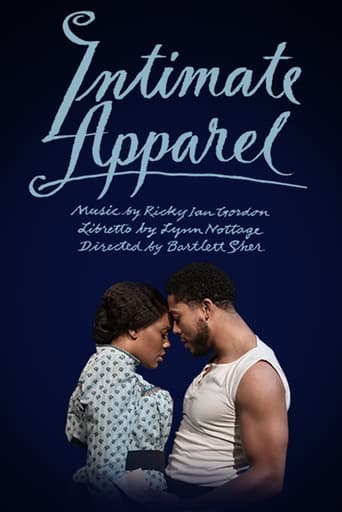
Reviews
This is definitely not a production for traditionalists.Rodolfo and Mimi have sex after finding her key, before joining the others at the Café Momus.From the beginning, Mimi is dressed like a harlot -- in red, with plunging décolleté, large exposed breasts, and bright red lipstick.The set colors in general are loud and bright, sets are incongruous, and the cinematography is grossly oversaturated in an almost cartoonish fashion.It might fly with the iPhone generation and the sex-obsessed, but I'd bet Puccini is turning over in his grave.
I was excited to watch this film on PBS after an early holiday dinner. It certainly didn't get off to a good start, with the young Bohemian roommates overacting and over-singing, about nothing at all. Apparently, director Robert Dornhelm had no idea how to play that down. Or else he didn't bother; I don't know. Rolando Villazón should have been encouraged to start off in a more subtle way, with less volume and less mugging. And the makeup artists surely could have done something to make him appear less lugubrious.It was disappointing to see Anna Netrebko, a riveting actress and singer, so ill-used. Again, there must have been some way to make her appear both more attractive and more interesting; on stage, she is gorgeous and completely unique. The split-screen technique made no sense and added nothing to the drama, while scenes that featured people singing off-screen were confusing and boring.I'm sure this is not entirely the director's fault. Grand opera fares best on the stage, and often appears stiff and overblown in film versions. Probably the best idea would simply have been to film the singers performing on stage in front of an audience. We would have gotten the benefit of verisimilitude, and the dramatic gestures and heroic singing that opera demands would have seemed much more fitting.Oh, well!
It is what it is: a film version of an opera - they can never be anything else after all. This must be seen as a film of people miming to music with cinematography augmented by digital cartoonery supplanting stage drama, and judged on those merits. As a film it's pretty - pretty enjoyable and pretty well worth watching and of course Anna Netrebko as Mimi is fairly pretty too!Young penniless couple meet, fall instantly head over heels in love for no reason at all but their dreams are cruelly cut down by her illness and all to some of the most emotionally charged music ever written. So long as the music, libretto and script are adhered to a film version can't go wrong - the director generally sticks to it and doesn't force his own interpretations on us too much. When he does, it works: a restrained use of artistic license. And there's nice imagery, plush backgrounds and clever use of colour. Trouble is, the atmosphere generated by a live performance is lost with a film – the lavish 2008 Met Opera production by Zefferelli recorded with Angela Georghiu and Ramon Vargas had its faults too but imho is preferable to this. We all probably have our own favourite versions of Puccini's most famous opera – mine is the May 1938 complete recording in Milan with Beniamino Gigli as Rodolfo (especially of O Mimi, Tu Piu Non Torni at the beginning of Act 4 - something so beautiful which has not been bettered since the advent of stereo or digital - since the singer was unrepeatable). What's yours? For arguments sake I could also say the legendary Lucrezia Bori's Mimi still resonates well through the acoustic mono hiss from her century-old records.Netrebko has a fine and well controlled voice, but having seen her repeatedly wallow in a swimsuit to Dvorak's Song To The Moon on the late UK Classic FM TV I still wonder whether she's punching above her weight with operas like La Boheme – incidentally great blood spattered acting in the Met's Lucia Di Lammermoor a few months ago but is she colouratura enough? Her acting for the camera here is also fine, something which is occasionally in doubt when she's performing live – however the rapturous applause from her adoring Met audiences for her various performances this year leave no doubt of her superstardom. Favourite bits from many: O Soave Fancuilla - definitely not bathed in moonlight; Dunque: E Propio Finita in the pouring snow; naturally the climax back in the garret – as suitably tearjerking as it should be. However, this is a film (with minor faults) well worth the time/effort and an admirable vehicle for Anna Netrebko, as it should be. Brava!
I loved this Boheme and I would have given it the full marks apart from two unforgivable problems. The direction dramatises the opera while never fully straying from the original staging; however the audience, instead of being fixed are taken onto, and around the stage. This opens the drama to subtle interpretations and allows the directions to expand, as in O Soave Fancuilla where there is considerable action outside the apartment. For the most part this worked beautifully. Where it worked to some effect was in allowing Netrebko to display her considerable talents.Now I have two rules regarding Puccini. Firstly, his soprano must be believable although she is larger than life. If she is not a diva, she is a homicidal nut case, or an utter bitch. In Boheme she is the girl you just cannot help falling in love with- just forget it -you are smitten. The second rule is that the singers must be Puccini singers they must have a strong vocal line so they can simply surf the waves of his glorious melodies. Netrebko brings the whole package and more, If you do not love this Mimi I am sorry for you. She sings beautifully, her line is strong, not powerful as in say De los Angeles. She also is aware of the production in that her singing is quite intimate. She is singing for the audience alongside her not up in the gods. The performance is correct for the medium she is in. Quite simply she is a star, a treasure. The Director took a little risk in Marcello,Colline, and Shaunard in that he hired actors to perform and they mimed the voices of the singers. Don't look for a Merrill or a Warren here, but what you do get is the most believable bunch of mates I've ever seen in Boheme. Nicole Cabell is Musetta, I personally found her more than adequate and along side Netrebko that must be good. I don't know where she found her inspiration for this role, but it must be a small world because I know this character. I did not like Villazon in this role which is a shame because his acting was good I didn't even mind his lapses into Mr Bean because it seemed to fit into his place in the company of his mates. His voice is good it has a warm colour to it; it isn't powerful but it should be more than adequate, unfortunately it seems to lack strength, in Che gelida manina he is fine until l'anima millionaria and from there, strength, not power is required; the line must hold the melody. Netrebko shows how it is done in her following aria; the line follows the melody with vowels, consonants and colour being applied with lightest of touches. He is good in the second act and again in the third until Dunque proprio finita and then again not enough strength to hold the line.One star lost for the tenor; the other lost star baffles me, This is an Opera, not just any opera, most peoples favourite, I possess six versions. I want to hear the music and the singing there is no excuse for putting out an opera with sound faults, I tried changing amplifiers, speakers, and finally a different system, all gave the same sound break-up so I thought I had a rubbish DVD until I find others have the same problem. So there it is two stars lost and nearly a point off a third - what in the name of god is that thing on Marcellos easel, its supposed to be his masterpiece which he flogs as an inn sign when money is short. I spite of everything I loved this, the production works wonderfully and it has Netrebko and that should be enough for you to want this.
